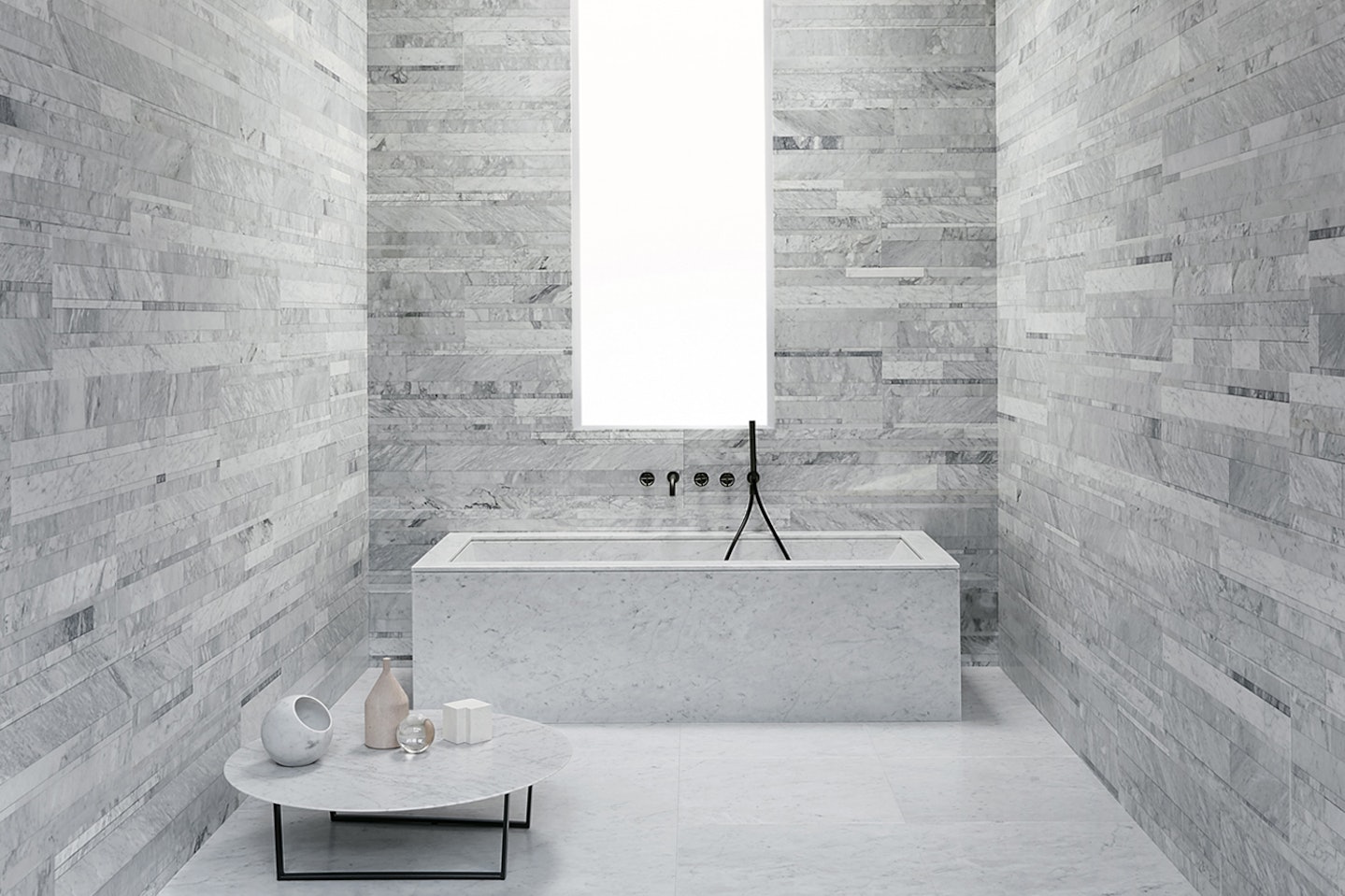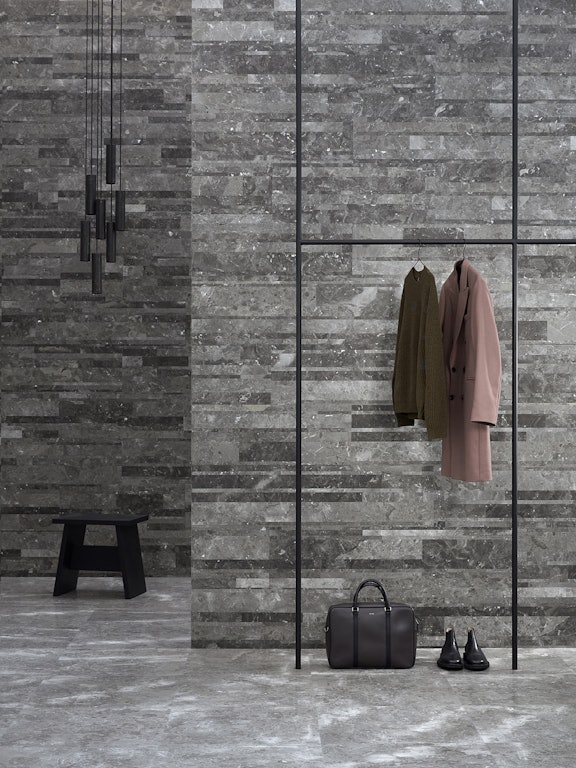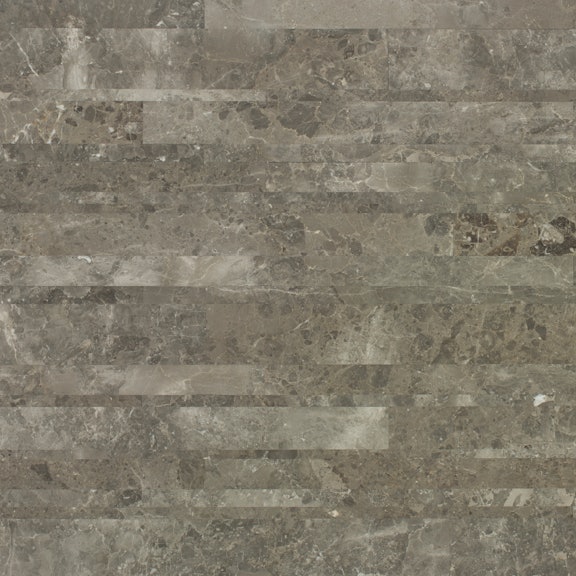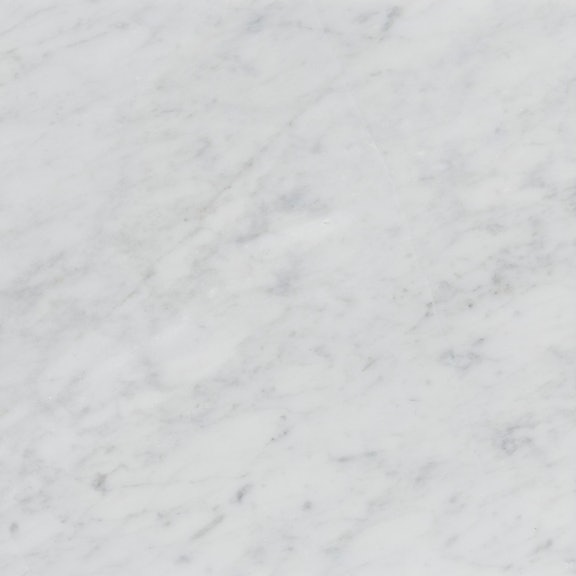What does 360-degree sustainability really mean for a business?
03.2022
Sustainability is a current buzzword, but what does it mean in concrete terms? We take a look at how businesses can make a real difference to our planet
What does 360-degree sustainability really mean for a business?
The terms “sustainability” and “environmentally-friendly” seem to be on the lips of everyone these days and rightly so, given it is the responsibility of each and every one of us to address the wounds we are inflicting on our planet.
The slogan “There is no Planet B” is resonating more and more as we realise the stark reality that if we do not change the way we do things, the future is grim. Whilst many companies are searching for solutions that will enable mass industrialisation to take place in parallel with environmentally-friendly practices, there is no silver bullet. Businesses need to take a holistic view and make a difference in every aspect, no matter how much of a baby step or minuscule it may seem.
So, how can we adopt a 360-degree sustainable approach? What does it mean, both in theory and in reality? We have a few ideas, some of which we implemented many years ago, and other, more ambitious ones that we are continuing to work on.
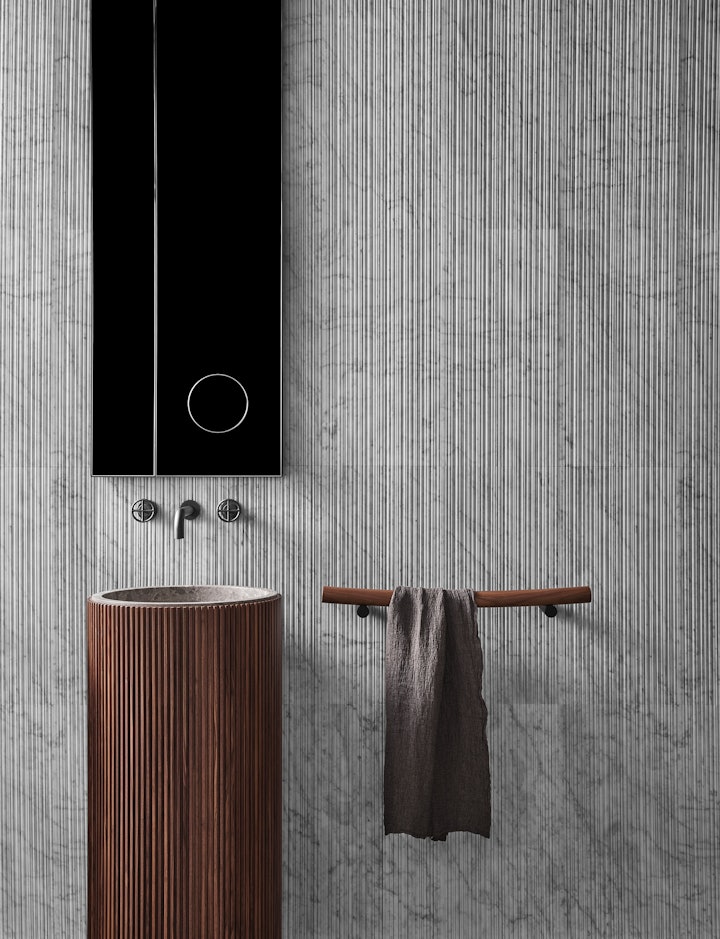
The Holy Grail of Zero Impact
What can a company do for the environment? This may seem a counterintuitive question but it is, in fact, an extremely pertinent one and one which is top of the agenda in almost any boardroom today. It is also driving change and innovation as businesses search solutions to problems such as climate change and protecting our natural resources. The time for talking is over, action is required. But what sort of action?
Although this is a question that we ask ourselves each day at Salvatori, protecting the environment is not something that is limited to thinking about only in work time. In fact, as so often happens, lightbulb moments come to mind in the unlikeliest places, as happened when our CEO Gabriele Salvatori and his son Gianmarco, on holiday in Egypt, were horrified by the number of plastic bags they saw floating down the Nile.
This was the trigger for Gabriele, realising that in the fight to protect the environment, the business world should not be part of the problem. Instead, it should be an active force for good, even if that meant having to completely change long-ingrained practices and habits.
He returned to Tuscany with a renewed determination that his own company, at least, would make a difference. How would he bring this about? In essence, it meant rethinking the entire production and distribution processes and looking at them through a green lens, removing every potential threat to the environment.
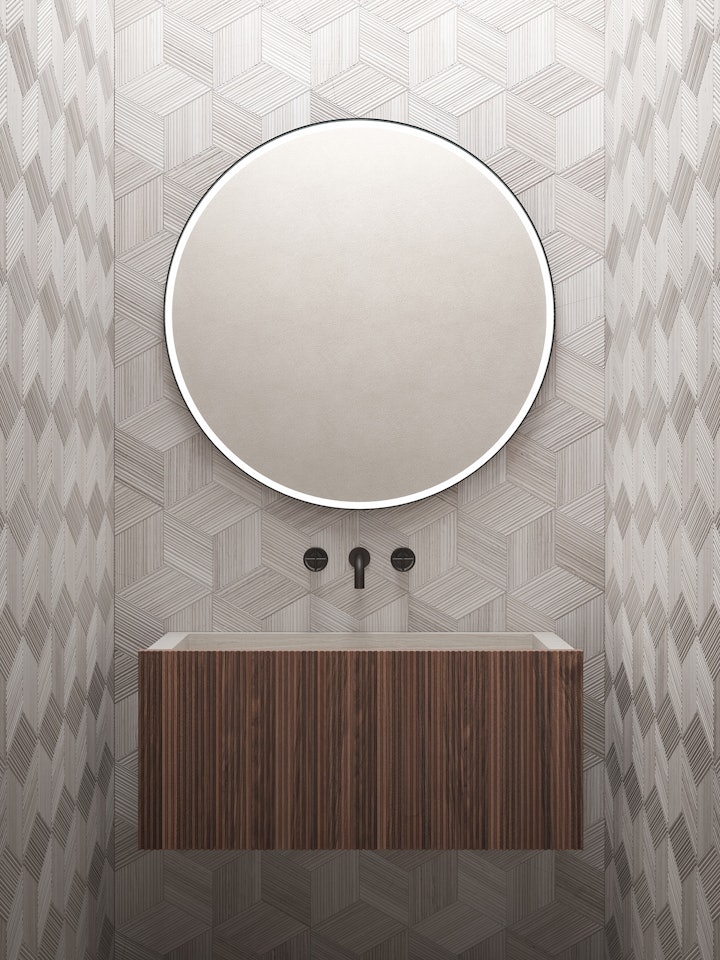
At Salvatori, we have a Utopian dream of Zero Impact. At the moment that is not logistically possible, because there are obstacles that with the best will in the world, we are simply unable to overcome. Chief among these is the question of packaging. We would dearly love to eliminate polystyrene, but it is a necessary evil given the nature of the delicate products we need to pack and ship. However, we are vigorously pursuing alternatives and are pleased to say that we have managed to get to a point where 40% of all Salvatori products are packed and packaged using recycled paper and cardboard from responsible, FSC-certified sources.
We have also embarked on an ambitious project with the R&D department of Pisa’s Scuola Normale Superiore university with the aim of developing edible packaging. What does this mean? Simply put, packaging that contains no chemical agents whatsoever, but instead uses only those elements found in nature, meaning the results are completely compostable.
Another conscious step we have taken is to eliminate printed price lists and prioritise digital catalogues over printed versions.
That revelation on the banks of the Nile remains as vivid and compelling today as when Gabriele’s eyes, heart and mind were first subjected to the sight of all that plastic choking up one of the world’s most evocative waterways. We are not yet perfect, but we always love to aim for the impossible.
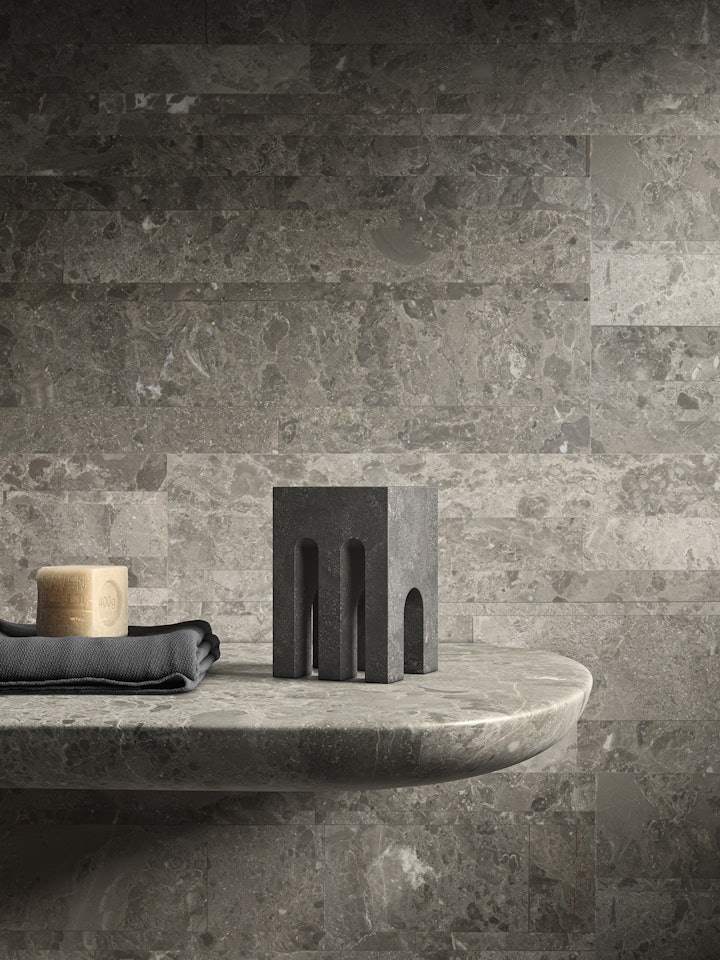
How Lithoverde® and Romboo combine sustainability with aesthetics
We firmly believe that when you embrace a 360-degree approach to sustainability, you must not neglect the creative and aesthetic aspect. After all, we are a design brand when it comes down to it!
We are particularly proud to be among the pioneers in the design sector that have demonstrated that visual beauty and a sustainable approach are not mutually exclusive. In fact, our Lithoverde®, which we developed in 2010, was the world’s first recycled stone texture and was a response to the enormous amount of waste that is created in the stone sector.
On average, around half a block ends up being discarded, an alarming quantity, especially when you consider what an extraordinary and precious natural resource we are talking about. We decided there had to be a way to address this problem and the solution we came up with was to create a new block out of these offcuts. Lithoverde®, which is named for the Greek word “stone” and the Italian word for green, is 99% composed of reclaimed stone with the remaining 1% a natural soy-based resin to bind it.
Another example is our Romboo and here the starting point was an existing texture, Bamboo. The concept was the same, however, as we recut offcuts of Bamboo to create diamond-shaped tiles that are laid together to form a series of rhomboids that play with light and shadow in a dramatic fashion.
In summary, sustainability is firmly established as one of the most pressing concerns on many individuals’ and businesses’ agendas as we all look for tangible ways to reduce our impact on the environment.
At Salvatori, we integrate this philosophy into every aspect of what we do, from the simplest actions through to engaging in research and development that leads to new processes and, in some cases, revolutionary products such as Lithoverde®.
If you share our passion for sustainable design and would like to know more our company, our products and our services, please get in touch. We always love to hear from like-minded companies and individuals who understand that even the smallest step makes a real difference to the future of our planet.
